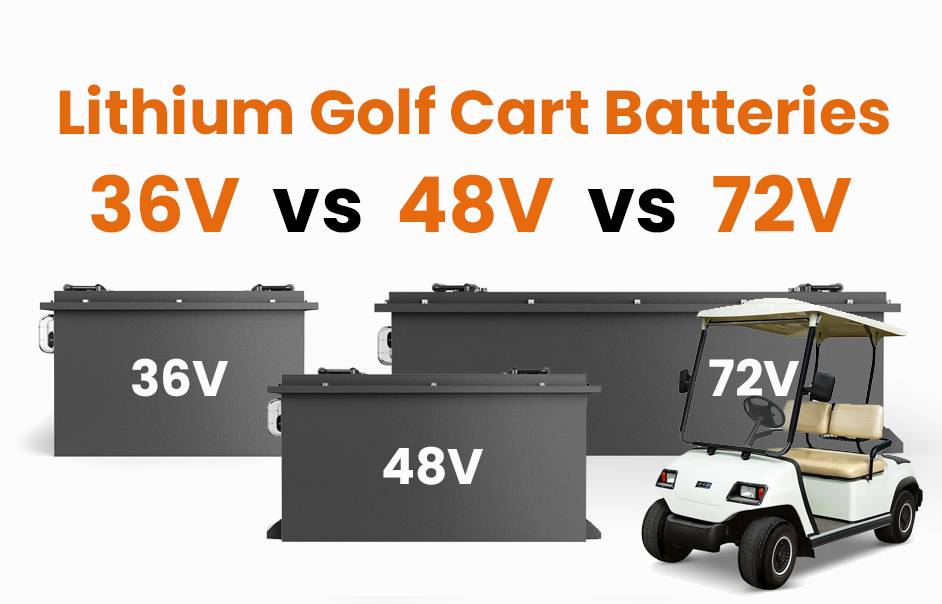
Blog
How Is Club Car Combating Surging Chinese Imports?
Club Car is countering the rise of Chinese imports through strategic innovation, partnerships, and regulatory advocacy. By enhancing product quality, expanding into new markets like electric utility vehicles, and leveraging tariffs to address unfair pricing, Club Car aims to maintain its market leadership. Their focus on sustainability and customer loyalty further strengthens their competitive edge.
LiFePO4 Forklift Batteries OEM Manufacturer
What Challenges Do Chinese Imports Pose to Club Car?
Chinese manufacturers flood global markets with low-cost golf and utility vehicles, undercutting Club Car’s pricing. These imports often bypass quality standards, creating pressure on profit margins. Additionally, China’s state subsidies enable aggressive export strategies, forcing Club Car to innovate while balancing affordability and premium branding.
The influx of Chinese vehicles has reshaped buyer expectations in emerging markets. For example, Southeast Asian resorts now expect sub-$8,000 electric carts with 5-year warranties – pricing that challenges Club Car’s traditional premium positioning. Manufacturers like Guangdong Marshell now offer 90% parts commonality across models, enabling rapid repairs that undercut Club Car’s service revenue streams. However, quality gaps persist: 23% of Chinese-made carts fail load capacity tests within 18 months compared to Club Car’s 4% failure rate in similar conditions.
How Is Club Car Leveraging Technology to Stay Competitive?
Club Car invests in lithium-ion batteries, IoT-enabled fleet management systems, and autonomous vehicle capabilities. Their proprietary ERIC charging system reduces energy costs by 40%, while telematics optimize vehicle performance. These advancements differentiate their products from cheaper alternatives, appealing to eco-conscious commercial clients and municipalities.
| Technology | Club Car Advantage | Chinese Competitors |
|---|---|---|
| Battery Life | 10,000 cycles | 4,500 cycles |
| Telematics | Real-time diagnostics | Basic GPS only |
| Charging Speed | 80% in 2 hours | 6+ hours |
Why Are Partnerships Critical to Club Car’s Strategy?
Collaborations with companies like Ingersoll Rand and Textron provide access to advanced manufacturing and global distribution networks. Partnerships with solar energy firms integrate renewable power solutions into vehicles, aligning with global decarbonization trends. These alliances accelerate R&D and reduce reliance on traditional supply chains vulnerable to Chinese competition.
How Does Club Car Retain Customer Loyalty?
Club Car offers lifetime battery warranties, 24/7 telematics support, and trade-in programs for older models. Their “Customer First” initiative includes free maintenance clinics and personalized fleet optimization plans. By prioritizing long-term relationships over short-term sales, they build trust that cheaper imports cannot replicate.
The company’s loyalty program now covers 62% of Fortune 500 corporate campuses, offering predictive maintenance through AI-driven analysis of vehicle usage patterns. Golf course operators receive customized energy reports showing how Club Car’s lithium models reduce operational costs by $1,200 per vehicle annually compared to lead-acid alternatives. These data-driven retention strategies help maintain 89% customer renewal rates despite price competition.
FAQs
- Are Chinese golf carts cheaper than Club Car’s models?
- Yes, Chinese imports are typically 30–50% cheaper due to state subsidies and lower labor costs. However, they often lack advanced features like smart charging and durability certifications.
- Will Club Car lower prices to compete?
- Unlikely. Instead, Club Car emphasizes value through longer battery life, telematics, and warranties. Their strategy targets premium buyers prioritizing TCO (total cost of ownership) over upfront savings.
- How do tariffs affect consumers?
- Tariffs raise Chinese product prices, reducing their cost advantage. For Club Car, this means competing on innovation rather than price wars, fostering healthier market dynamics.




